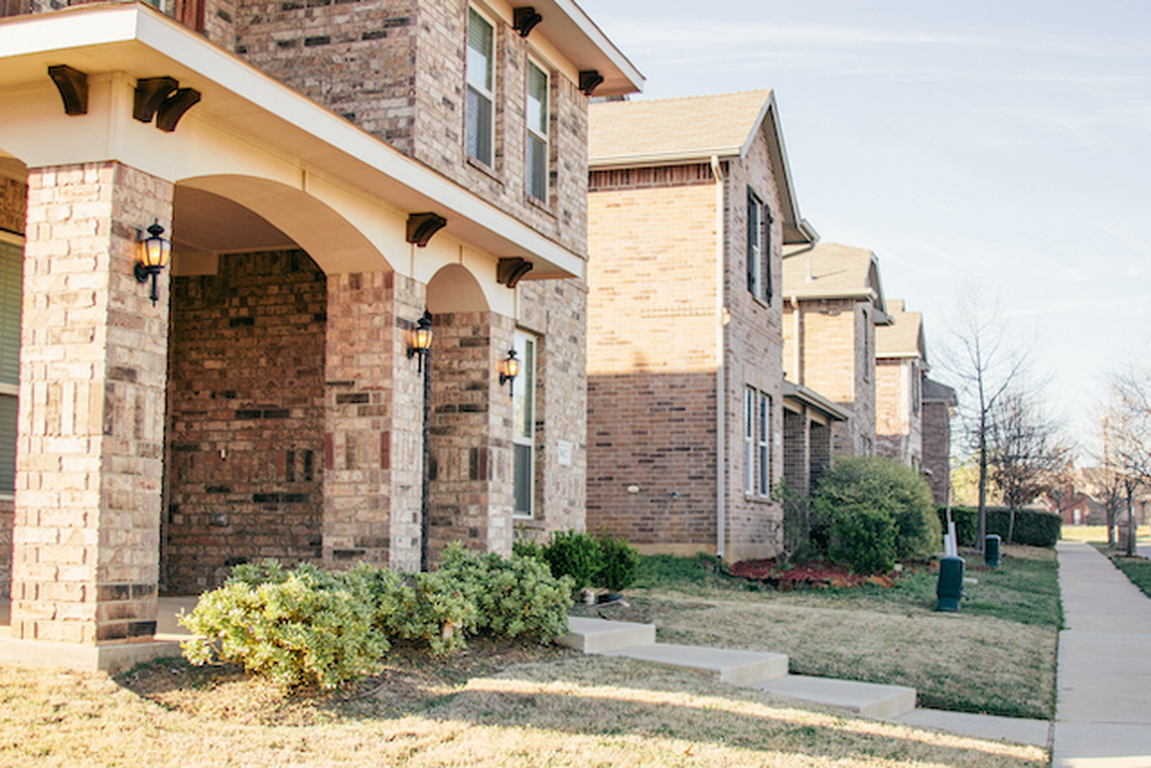Why taking cash out against a home in today's market could be risky
Home equity has been a hot topic of conversation over the past year thanks to soaring home prices.
According to CoreLogic, in May, national home prices saw a 15.4 percent year over year increase, the highest since 2005 and the fourth consecutive month of double-digit growth.
Consistent home price growth throughout the pandemic has created a ton of equity for homeowners across the country. According to CoreLogic’s recent Homeowner Equity Report, from the first quarter of 2020 to the first quarter of 2021, homeowners with a mortgage gained an average of $33,400 in equity.
As Sheila C. Bair, the chairwoman of Fannie Mae’s Board of Directors, wrote for USA Today, rising equity has served as a catalyst for the sudden increase in cash-out refinancing. To back her point, she cited data from Fannie Mae and Freddie Mac which shows that around $185 billion of equity was pulled through cash-out refinances in 2020, marking the highest amount since 2007.
While rising demand in the cash-out refinance market should be looked at with caution, Bair doesn’t see a repeat of the early 2000s housing bubble on the horizon.
The reason: tighter underwriting standards. An example of stricter lending practices, Bair explained, is Fannie Mae’s decision to deny cash-out loans that are greater than 80 percent of a home’s value.
Cash-out refinancing can be beneficial in many situations like the need to pay for a medical emergency or college tuition, Bair wrote. But she warned, homeowners need to be aware of the risks that come with it, especially in today’s market.
“In many cases, a cash-out refinance makes sense, allowing a family to cover a medical emergency or a longer-term investment such as college tuition or a home renovation,” she explained. “But cash-out refinances can also carry risks that every homeowner – and every lender – should consider, especially during times of rapid home price increases such as now.”
Before homeowners make the decision to take cash out against their homes, there are things Bair advises they keep in mind, including closing costs, which usually amount to 2 percent to 5 percent of the loan.
Per an example given on The Mortgage Reports, refinancing a $200,000 loan typically comes with closing costs that range from $4,000 to $10,000.
Pulling cash from a home can also leave a homeowner vulnerable if faced with a hefty maintenance cost down the road, as there would be limited equity tap into.
In addition to closing costs and possible repairs, Bair pointed out that missing payments on a cash-out refinance loan is not like missing payments on a Macy’s credit card. Not being able to make payments on the loan can cost the homeowner the house.
As Inman previously reported, a 2018 Urban Institute study found that of the loans taken out between 1999 and 2016, cash-out refinancing had a 97 percent higher probability of defaulting than purchase loans.
Another risk, especially apparent in the current market, is that home prices may fall.
“No one knows for certain where home prices are headed. Anyone who says otherwise may not have your best interest at heart,” Bair wrote. “Fannie Mae economists believe that home prices will continue to grow through the end of 2022. But that’s just our projection, and if you enter into a cash-out refinancing assuming it’s a certainty, you could be putting your home at risk.”
While home prices are forecasted to continue growing, it’s important to note that the rate at which they grow is expected to slow. CoreLogic predicts that from May 2021 to May 2022, home prices will have grown annually by just 3.4 percent.
Pulling cash out of a home unaware of the risks and other refinancing options, could prevent people from reaping long-term rewards of homeownership, like the creation of generational wealth.
“These facts underscore one overriding truth: Homeownership can be one of the most effective ways of building wealth,” Bair wrote. “However, entering into a long-term mortgage and building equity requires care and diligence. But the payoff in the years to come can be tremendous, helping families weather financial shocks and save for things like retirement and even passing wealth on to children or grandchildren. Pulling cash out of a home puts those long-term benefits at risk, so weigh the costs, benefits and risks carefully.”
According to CoreLogic, in May, national home prices saw a 15.4 percent year over year increase, the highest since 2005 and the fourth consecutive month of double-digit growth.
Consistent home price growth throughout the pandemic has created a ton of equity for homeowners across the country. According to CoreLogic’s recent Homeowner Equity Report, from the first quarter of 2020 to the first quarter of 2021, homeowners with a mortgage gained an average of $33,400 in equity.
As Sheila C. Bair, the chairwoman of Fannie Mae’s Board of Directors, wrote for USA Today, rising equity has served as a catalyst for the sudden increase in cash-out refinancing. To back her point, she cited data from Fannie Mae and Freddie Mac which shows that around $185 billion of equity was pulled through cash-out refinances in 2020, marking the highest amount since 2007.
While rising demand in the cash-out refinance market should be looked at with caution, Bair doesn’t see a repeat of the early 2000s housing bubble on the horizon.
The reason: tighter underwriting standards. An example of stricter lending practices, Bair explained, is Fannie Mae’s decision to deny cash-out loans that are greater than 80 percent of a home’s value.
Cash-out refinancing can be beneficial in many situations like the need to pay for a medical emergency or college tuition, Bair wrote. But she warned, homeowners need to be aware of the risks that come with it, especially in today’s market.
“In many cases, a cash-out refinance makes sense, allowing a family to cover a medical emergency or a longer-term investment such as college tuition or a home renovation,” she explained. “But cash-out refinances can also carry risks that every homeowner – and every lender – should consider, especially during times of rapid home price increases such as now.”
Before homeowners make the decision to take cash out against their homes, there are things Bair advises they keep in mind, including closing costs, which usually amount to 2 percent to 5 percent of the loan.
Per an example given on The Mortgage Reports, refinancing a $200,000 loan typically comes with closing costs that range from $4,000 to $10,000.
Pulling cash from a home can also leave a homeowner vulnerable if faced with a hefty maintenance cost down the road, as there would be limited equity tap into.
In addition to closing costs and possible repairs, Bair pointed out that missing payments on a cash-out refinance loan is not like missing payments on a Macy’s credit card. Not being able to make payments on the loan can cost the homeowner the house.
As Inman previously reported, a 2018 Urban Institute study found that of the loans taken out between 1999 and 2016, cash-out refinancing had a 97 percent higher probability of defaulting than purchase loans.
Another risk, especially apparent in the current market, is that home prices may fall.
“No one knows for certain where home prices are headed. Anyone who says otherwise may not have your best interest at heart,” Bair wrote. “Fannie Mae economists believe that home prices will continue to grow through the end of 2022. But that’s just our projection, and if you enter into a cash-out refinancing assuming it’s a certainty, you could be putting your home at risk.”
While home prices are forecasted to continue growing, it’s important to note that the rate at which they grow is expected to slow. CoreLogic predicts that from May 2021 to May 2022, home prices will have grown annually by just 3.4 percent.
Pulling cash out of a home unaware of the risks and other refinancing options, could prevent people from reaping long-term rewards of homeownership, like the creation of generational wealth.
“These facts underscore one overriding truth: Homeownership can be one of the most effective ways of building wealth,” Bair wrote. “However, entering into a long-term mortgage and building equity requires care and diligence. But the payoff in the years to come can be tremendous, helping families weather financial shocks and save for things like retirement and even passing wealth on to children or grandchildren. Pulling cash out of a home puts those long-term benefits at risk, so weigh the costs, benefits and risks carefully.”


 Menu
Menu




